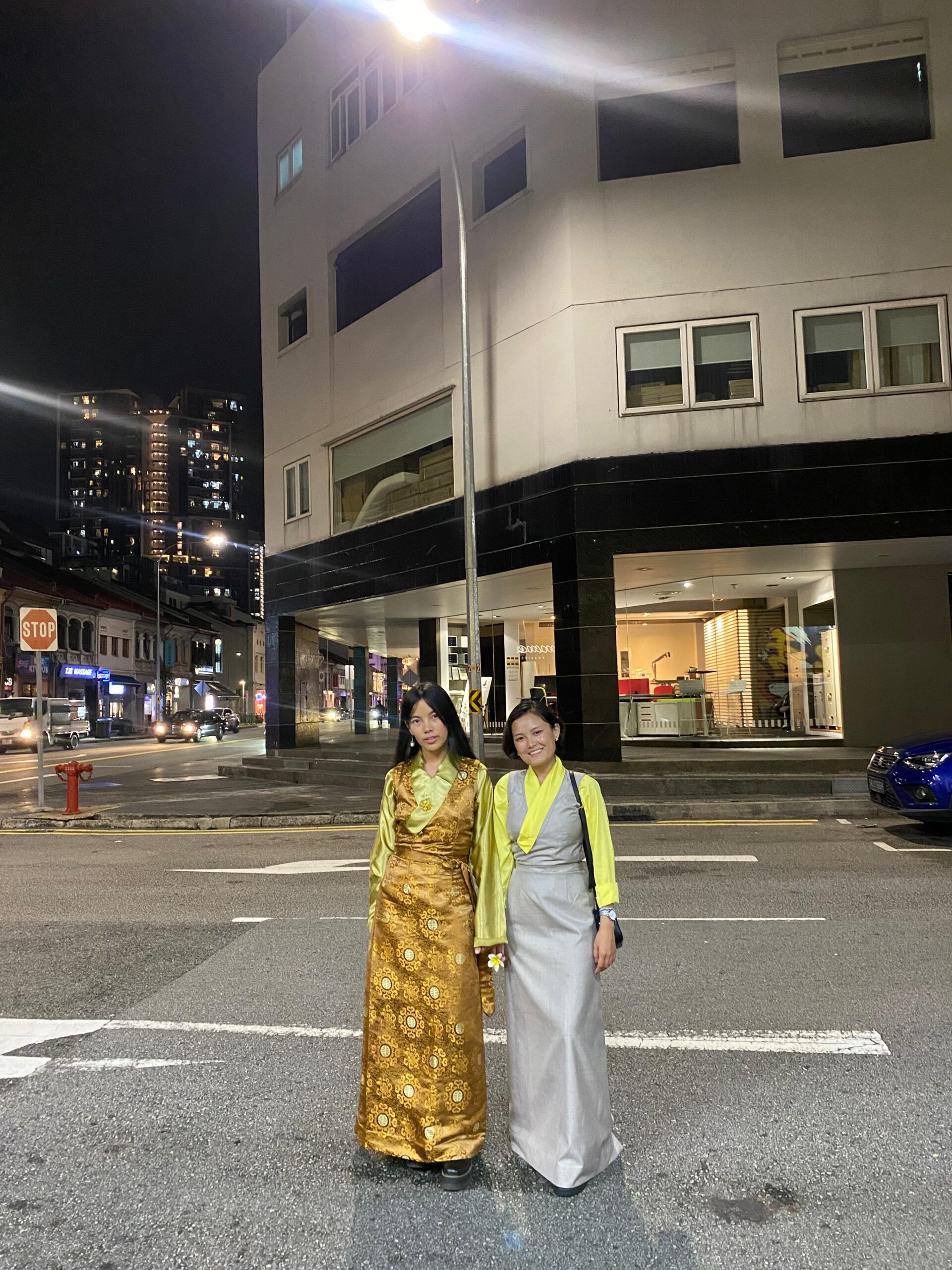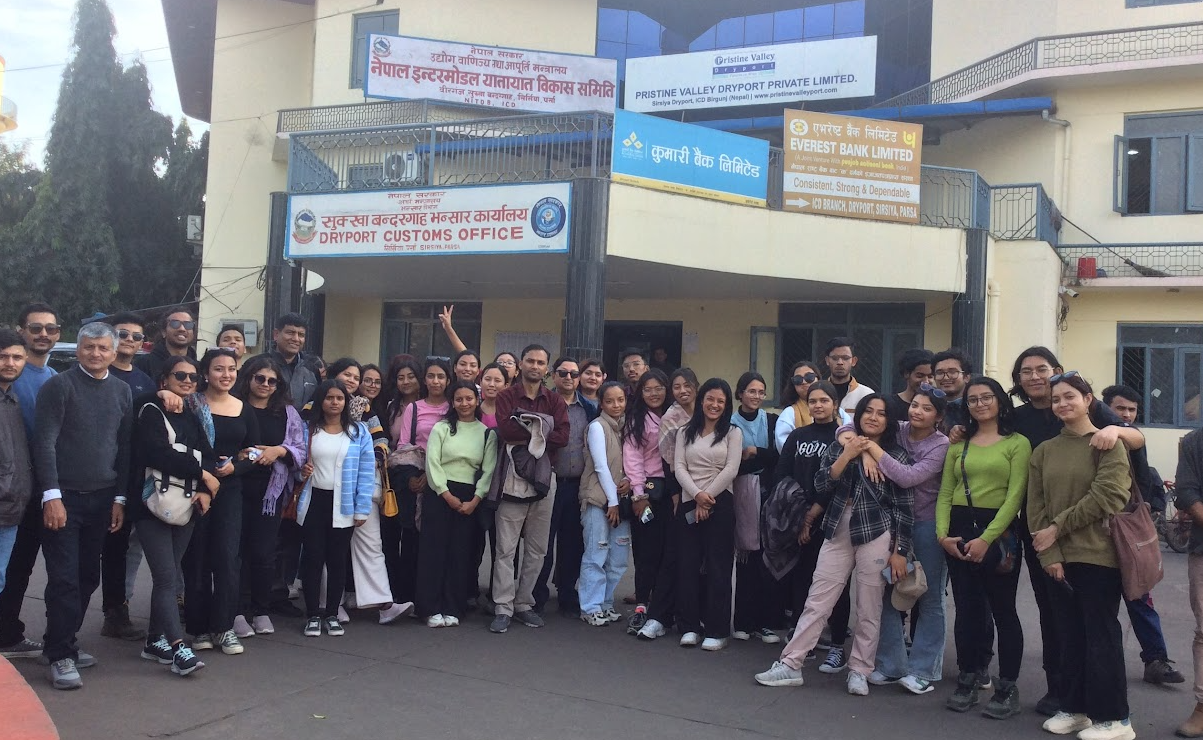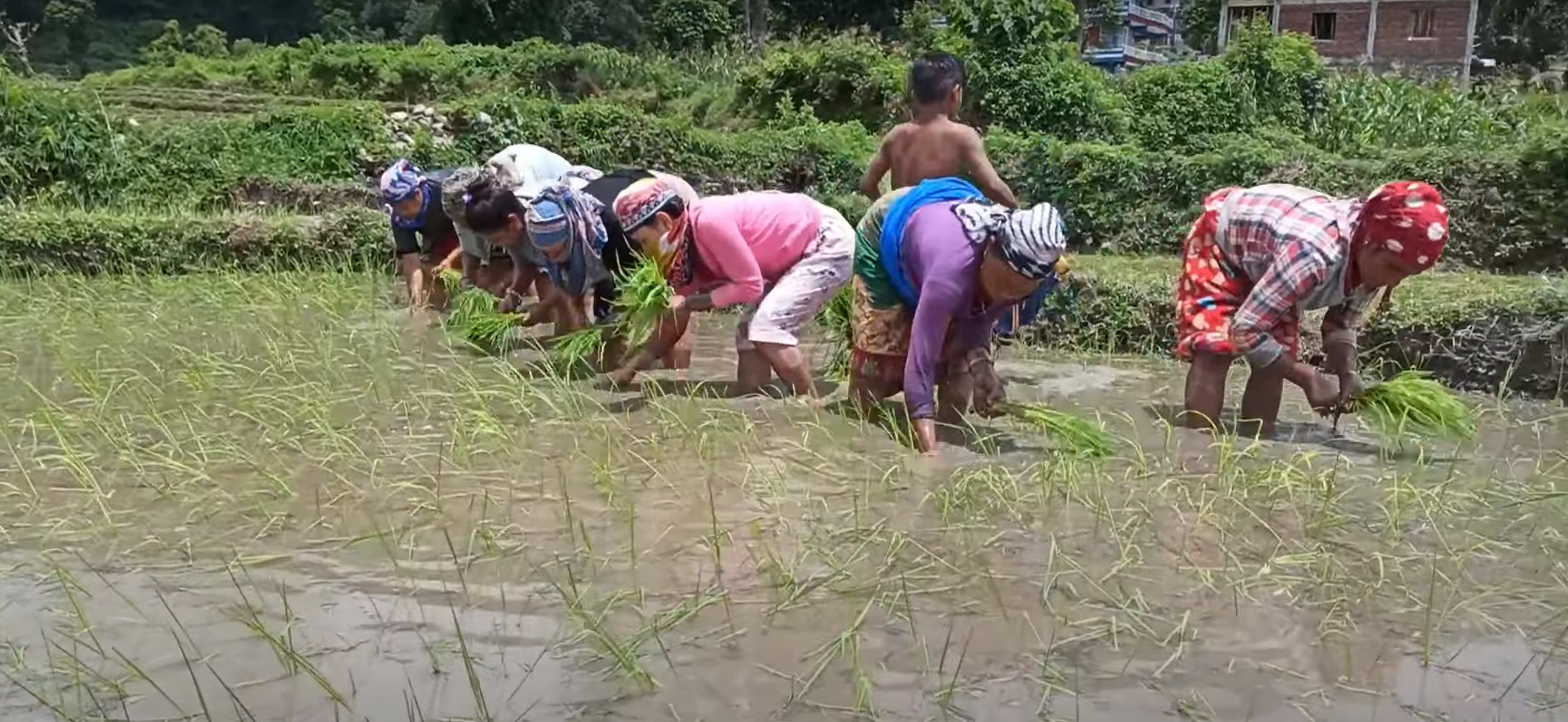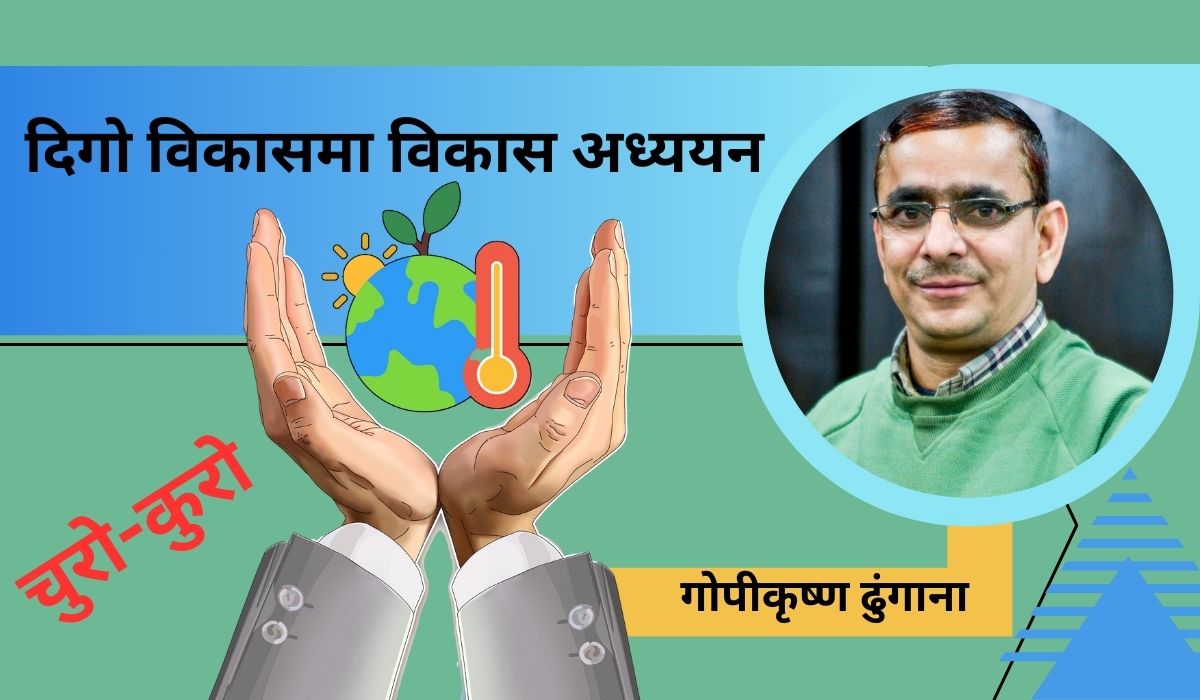Kripa Rasaily (BoSS 1 yr) 2021
Menstruation means cyclic uterine bleeding caused by shedding of progestational endometrium it occurs between menarche and menopause. Menstruation is also known as menses or menstrual period. Periods are probably the most annoying part of being a woman but also a boon. They always start unexpectedly and they mess up your emotions while somehow managing to ruin the one pair of panties you really love.
At least there’s a silver lining: half of the world gets to experience the same struggle each month, so we’re all sisters in this matter. Your period is a monthly constant from teen-hood through middle age. You might as well buckle up and enjoy the ride, right? There’s so much more to menstruation than pads and tampons, and we’re here to show you the way to your most liberating period ever. Learn the inside story on everything menstruation, modern methods for more comfortable, eco-friendly periods, and why you’re a super woman who can do anything and everything.
Menstruation in Nepal is treated as something dirty, impure and contaminating. Girls and women are alienated from society as well as their friends and families during their time of the month. They are forced into harmful social restrictions and have to face inhumane conditions and humiliation. The reason for that lies in a Nepali tradition called Chaupadi Pratha. Actually, it was banned by law in 2005 but is still commonly practiced in the mid and western regions of Nepal. This tradition stipulates that menstruating girls and women are dirty and impure. They are not allowed to enter the kitchen, to attend school or interact socially, to involve in some religious functions etc.
The most dangerous part of practicing Chaupadi is when girls and women are forced to leave the house. In most cases, that means moving to a small shed in the woods, animal sheds or so-called mud huts. These huts, apart from being dirty, dark and small, hardly ever give adequate shelter against wild animals, rape or the cold. It is practiced in rural areas till now. I myself have a short story.
When I first got my period, my aunt immediately took me inside my room. “You are going to stay in this room for the next few days,” she said. “You are not going to see or touch the male members of the family. They are not even supposed to hear your voice. If you need something, just wait until we come and check in on you.” I was 13 years. I was utterly confused and it felt like a punishment. I decided to negotiate the terms and conditions with my grandmother, my aunt, and my mother because I did not want to be locked in one room for so many days.
After some deliberation, they decided that I could go to school, but for some reason I was told not to look at the sun (ridiculous, I know!). I was told to stay in my classroom and not to touch my male classmates. This was difficult, as I shared a desk with a boy. At home, I could come outside of my room, but had to quickly return to it when the male members came home. My grandmother just commented, “We are allowing you to do most things. Why can’t you just follow these simple restrictions? During my time, I had to spend more than a week in a cow-shed. We are asking very little of you. I know you are educated but that does not mean you will disrespect our traditions.” I wasn’t sure whether she was trying to make me feel better or worse.
I surrendered to my family’s requests and felt guilty for their compromises. My restrictions wrapped up several days after my first period began, when I was not allowed to attend the rice feeding ceremony for my youngest cousin. According to custom, my menstruation would contaminate such a holy occasion. In the following days, some relatives asked why I missed the ceremony, which made me uncomfortable and forced me to come up with alternative reasons for my absence.
During successive periods, the restrictions were similar and always included a ritualistic washing of clothes and bedding on the fourth day. When this was finished, I sprinkled holy water on anything I touched that couldn’t be washed. By day five, I could go to temple and touch any of the worship idols. I did not believe in these traditions anyway, but I continued on as any ethical teenager who feared the wrath of god and moreover the wrath of her family members.
The common misconception is that women and girls have diminished capacities whether physical or emotional, due to their menstrual cycles. These ideas can create barriers to opportunities, reinforcing gender inequality. In truth, most women and girls don’t have their ability hindered in any ways by menstruation. The onset of menstruation, called menarche, can undermine girl’s human rights. In many places around the world, menarche is believed to be an indication that girls are ready for marriage or sexual activity. This leaves girls vulnerable to host of abuses, including child marriage and sexual violence. Deeply improvised girls have known to engage in transactional sex to afford menstrual products.
In the last few years, however menstrual health and hygiene management have become topic of conversation among girls advocates, education exports humanitarian professionals, human rights and global development specialists.
There is now wide arrangement about what is required during menstruation:
- They must have safe access to clean materials to absorb or collect menstrual blood and these items must be acceptable to the individual who needs them.
- They must be able to change these materials in safety and privacy, and have a place to dispose of used menstrual supplies or to wash reusable supplies.
- Menstruating people must also be able to safely and privately wash with soap and water.
- They should have basic education about menstrual cycle and how to manage menstruation without discomfort of fear.
- People who menstruate should also have access to health information and care, ensuring they are able to make informed choices about how to manage their menstruation and enabling them to seek care if they experience menstruation related disorder.
It is not easy to change norms that are deeply rooted in religious traditions, but we are learning that it is not impossible. Harmful norms may be chipped away before disappearing completely. Nepal is one such case where advocacy and programming have been playing a pivotal role in changing such norms. Everyone should understand that menstruation is nothing but a very normal biological phenomenon, and adolescent girls and women should understand that they have the power of procreation only because of this virtue.
















